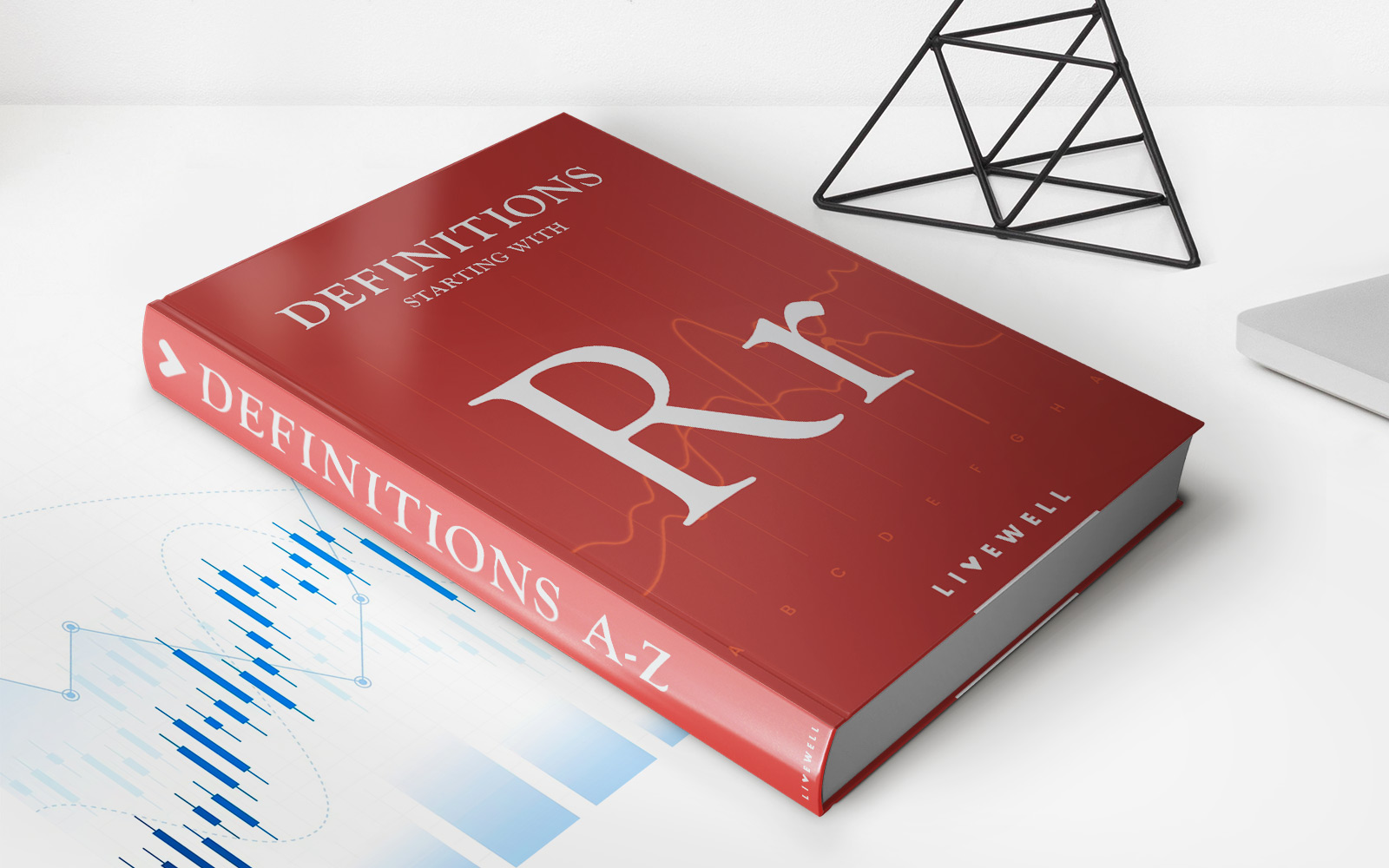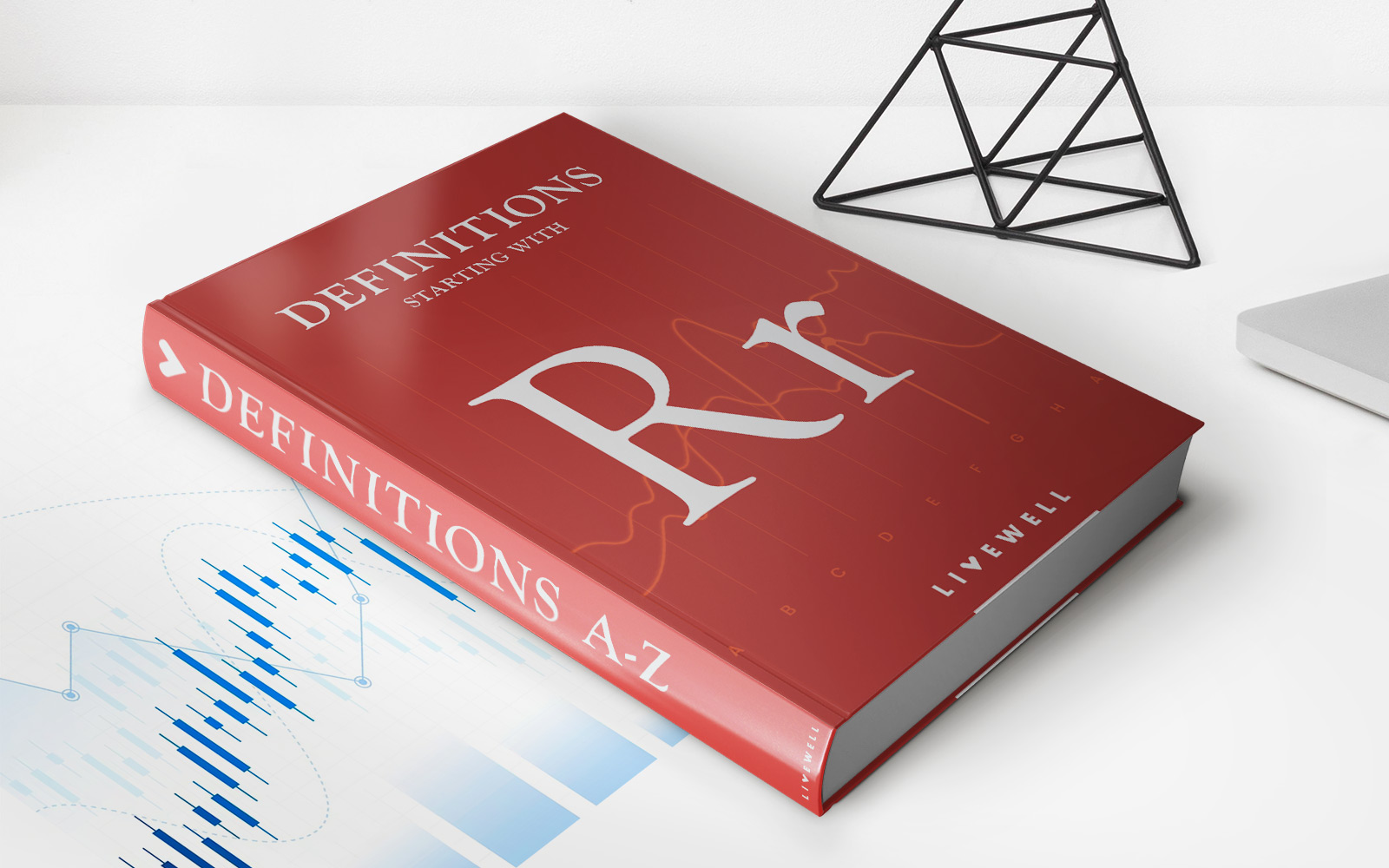Home>Finance>Deed: Legal Definition, Types, Requirements, Vs. Title


Finance
Deed: Legal Definition, Types, Requirements, Vs. Title
Published: November 9, 2023
Learn about deeds in finance, including their legal definition, types, requirements, and how they differ from titles. Gain a comprehensive understanding of the role of deeds in the financial world.
(Many of the links in this article redirect to a specific reviewed product. Your purchase of these products through affiliate links helps to generate commission for LiveWell, at no extra cost. Learn more)
Deed: Legal Definition, Types, Requirements, Vs. Title
Welcome to the FINANCE category on our blog! In this post, we will dive into the fascinating world of deeds, exploring their legal definition, different types, requirements, and how they differ from titles. Whether you are a first-time homebuyer or simply curious about real estate, this article will provide you with valuable insights into this important aspect of property ownership.
Key Takeaways:
- A deed is a legal document used to transfer property ownership from one party to another.
- Common types of deeds include general warranty deeds, quitclaim deeds, and special warranty deeds.
What is a Deed?
A deed is a legal document that serves as proof of property ownership transfer from one party to another. It is an essential component of any real estate transaction and plays a crucial role in establishing legal rights and responsibilities. A deed typically includes detailed information about the property, the buyer (grantee), the seller (grantor), and any stipulations or conditions associated with the transfer.
Now, let’s explore the different types of deeds:
1. General Warranty Deed
A general warranty deed provides the highest level of protection for the grantee (buyer). It guarantees that the grantor (seller) holds clear title to the property and protects the grantee against any future claims or encumbrances, even if they occurred before the grantor acquired the property. This type of deed offers the most comprehensive warranties and is commonly used in traditional real estate transactions.
2. Quitclaim Deed
A quitclaim deed transfers whatever interest the grantor has in the property to the grantee. Unlike a general warranty deed, a quitclaim deed offers no guarantees or warranties of ownership. It is often used in situations where there is an existing relationship between the grantor and grantee or when the transfer is between family members. However, it is important to note that quitclaim deeds provide significantly less protection to the grantee.
3. Special Warranty Deed
A special warranty deed guarantees the grantee that the grantor has not caused any encumbrances or issues with the property during their ownership. Unlike a general warranty deed, the special warranty deed only protects against claims that arose during the grantor’s ownership period and does not cover previous claims or encumbrances. This type of deed is often used in commercial real estate transactions.
Deed Requirements
To be considered valid and enforceable, a deed must meet certain requirements:
- Legally Competent Parties: The grantor and grantee must be legally competent and of legal age to enter into a contract.
- Identifiable Property: The deed must clearly identify the property being transferred, including its address and legal description.
- Consideration: The deed must state the consideration or value exchanged for the transfer of ownership.
- Grantor’s Signature: The grantor must sign the deed in the presence of a notary public or witnesses, depending on the state’s requirements.
Deed vs. Title
It’s important to understand the distinction between a deed and a title:
- Deed: A deed is the actual legal document that transfers property ownership from one party to another. It is a tangible piece of evidence detailing the transfer and its conditions.
- Title: Title refers to the legal right to ownership of a property. It encompasses the bundle of rights associated with property ownership, including the right to possess, use, and transfer the property, subject to any encumbrances or restrictions.
While a deed is the physical representation of the transfer of ownership, the title represents the legal status of ownership itself.
In conclusion, understanding the intricacies of deeds and their role in property ownership is essential to navigate the real estate landscape. Knowing the different types of deeds, their requirements, and how they differ from titles empowers both buyers and sellers to protect their interests and make informed decisions when engaging in real estate transactions.
We hope you enjoyed this article on deeds! Stay tuned for more informative and engaging posts in the FINANCE category.














